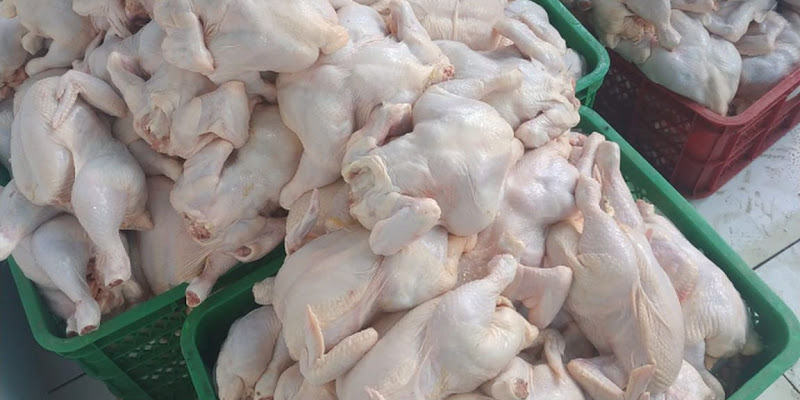The use of antibiotics in livestock farming can lead to antibiotic resistance. Antibiotics are commonly used to promote the growth and maintain the health of livestock. However, when antibiotics are used in animals, it can lead to the development of antibiotic-resistant bacteria, especially in their digestive systems.
Dr. Wayan Wiryawan, a veterinarian and member of the Indonesian Poultry Veterinarians Association (ADHI), explained that scientifically, antibiotics are known to create antibiotic-resistant bacteria in animals. Consequently, these bacteria can contaminate meat when the animals are slaughtered or during transportation.
For instance, if someone consumes undercooked meat or doesn't handle meat properly, they could get sick. "Common examples of foodborne pathogens are Salmonella, Campylobacter, and E. coli," he explained.
Wayan also pointed out that livestock waste can spread antibiotic resistance because the animal's feces contain antibiotics. Since most antibiotics are not easily broken down, a significant portion of them is excreted in the animal's feces.
Therefore, both antibiotics and antibiotic-resistant bacteria can enter the environment when livestock excrete waste. Additionally, if the animal waste is used as fertilizer without proper treatment, it can lead to food crops that are consumed raw transmitting disease-causing microorganisms (common examples are Salmonella in salads and E. coli in sprouts).
"Several studies have identified a link between antibiotics in food, water, and other sources and the development of antibiotic resistance in humans. In broad terms, the use of antibiotics in the livestock industry is the biggest contributor to the development of antibiotic resistance," he emphasized.
As a result, antimicrobial resistance (AMR) has been recognized as one of the most significant global health issues. Without global control efforts, by 2050, it is estimated that AMR will become the world's number one killer, causing 10 million deaths.
One of the causes is the inappropriate use of antibiotics, particularly in the livestock and agriculture sectors. When consumed by humans, this can accelerate the rate of antibiotic resistance.
The highest mortality rates due to AMR are expected in the Asian region (4.7 million). Currently, around 25,000 lives are lost annually in Europe, 23,000 in the United States, 38,000 in Thailand, and 58,000 infants in India due to infections caused by antibiotic-resistant bacteria.
"The improper use of antibiotics in the livestock, agriculture, fisheries, and public health sectors is accelerating the rate of bacterial resistance, which has become a serious threat to global security, food security, and a significant challenge to sustainable development with significant economic stability impacts," said Purnamawati Sujud, the Founder and Advisory Board of the Yayasan Orang Tua Peduli, in a press conference on Thursday (14/11).
Therefore, farmers must implement good farming practices, focusing on animal welfare. One approach is to implement biosecurity in three zones and to maintain the health of livestock without over-reliance on antibiotics.
"Antibiotics are only necessary for treatment when livestock suffer from bacterial infections," he added.
To address the critical issue of antibiotic resistance and its impact on global health and food safety, we urge you to support HealIndonesia.org. Together, we can work towards sustainable solutions, promote responsible antibiotic use in agriculture, and protect our future generations. Join us in making a difference today. Together, we can create a healthier and safer world for all. >> Support Now <<
Source: Javapos.com







